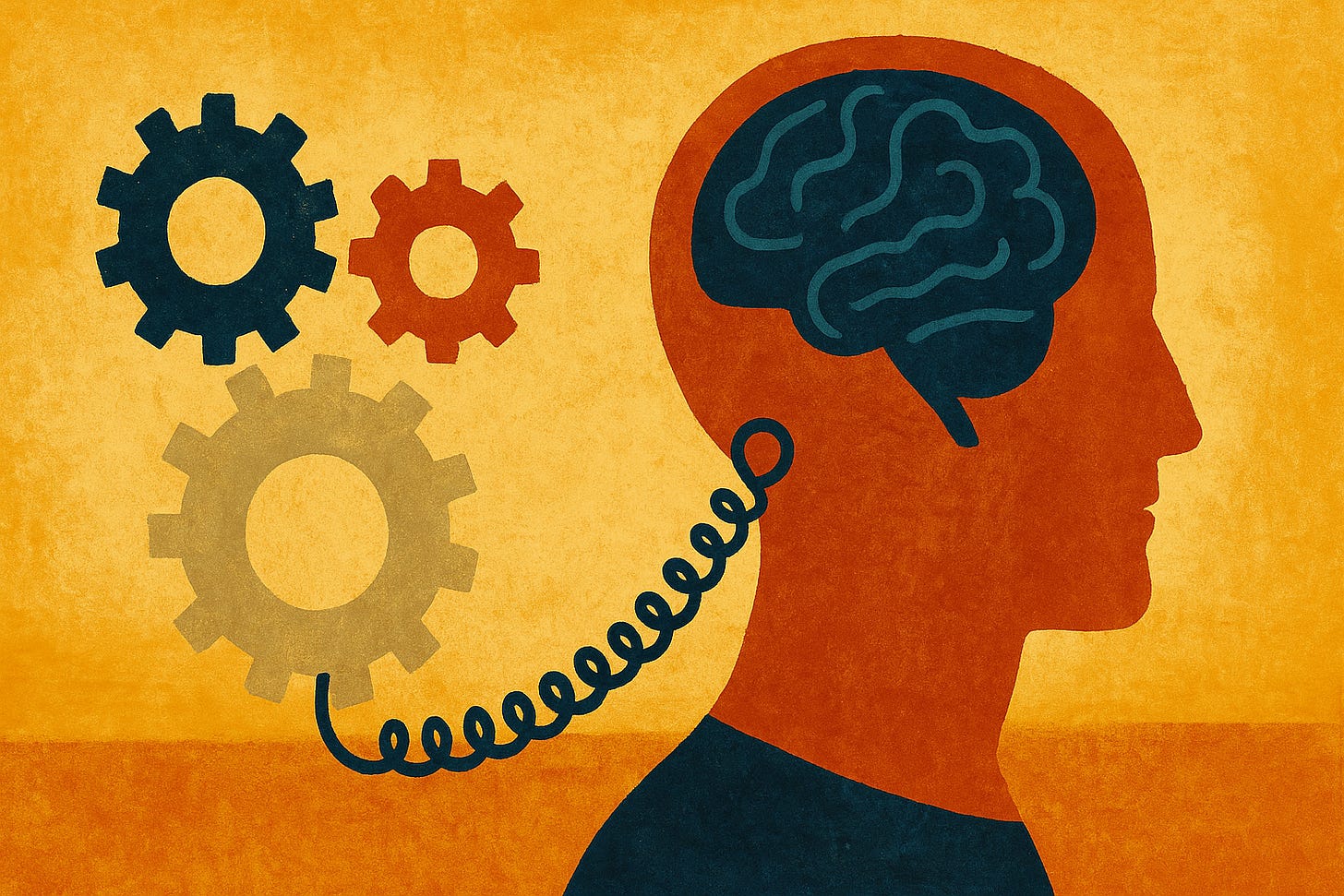The Outsourcing of Reason
When Thinking Becomes a Service
There was a time when the internet functioned like a vast encyclopedia — a living library built to satisfy curiosity. You could enter a search term, follow a chain of links, and emerge hours later with a broader understanding of the world. It was an act of exploration, a partnership between human curiosity and digital knowledge. Search engines were tool…




